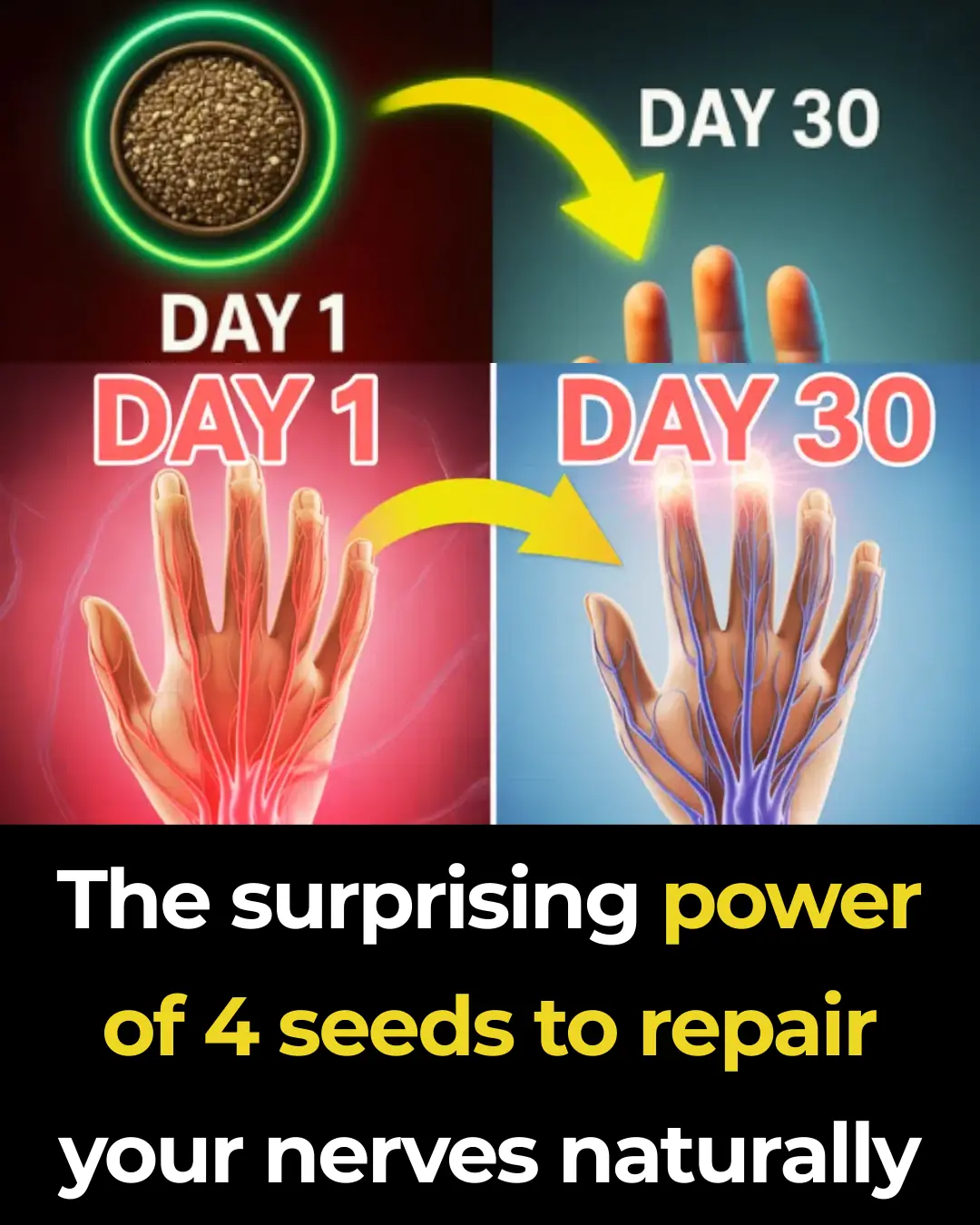
Lemon Seeds Could Save a Snakebite Victim in Just One Minute — If Used the Right Way
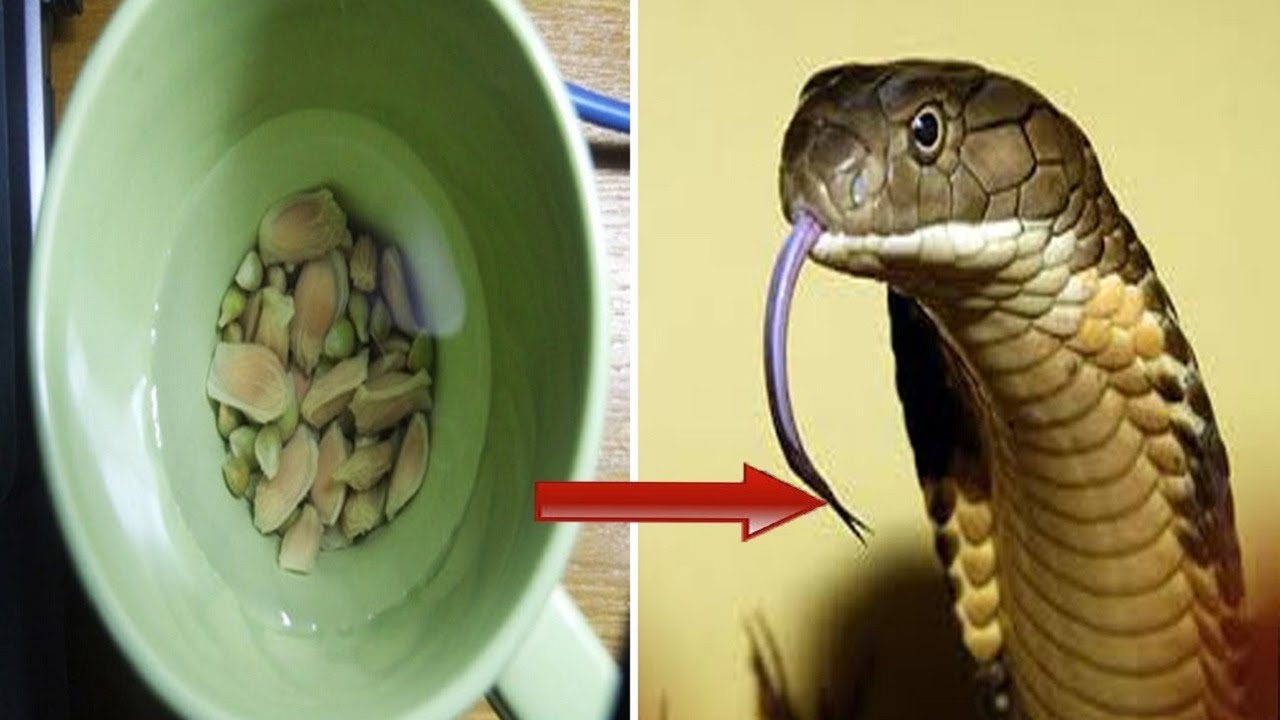
In many rural and traditional communities, knowledge passed down through generations has often saved lives in emergencies. One such remedy involves something as simple as the seed of a lemon — believed to have powerful detoxifying properties when used immediately after a snakebite. While modern medicine should always be the first line of treatment, learning these folk remedies can make a difference in remote areas where medical help may not be available right away.
Staying Calm Is the First Step
When someone is bitten by a snake, panic is your worst enemy. The very first thing to do is stay calm and help the victim remain as still and composed as possible. Movement accelerates the spread of venom through the bloodstream.
Here’s a step-by-step guide based on standard first aid and traditional practices:
-
Keep the victim still. Do not allow them to walk or move the bitten limb.
-
Immobilize the affected area using a splint or any firm object such as a stick or cardboard to prevent further motion.
-
Remove jewelry or tight clothing around the bitten area, since swelling can occur quickly.
-
For bites from cobra or sea snakes, apply a pressure immobilization bandage — wrap the limb firmly (but not too tight; make sure you can still feel a pulse). This slows venom movement through the lymphatic system.
-
Do not apply pressure bandages for viper bites (such as green pit vipers), as this can worsen local tissue damage.
-
Gently clean the wound with soap and running water; avoid excessive squeezing or cutting the wound, which can spread the venom faster.
-
If breathing becomes difficult, perform mouth-to-mouth resuscitation or use available medical devices like an oxygen mask or resuscitator.
-
Transport the victim immediately to the nearest hospital or medical facility, keeping the bitten limb lower than heart level.
The Lemon Seed Remedy: A Folk Antidote for Snake Venom
In traditional Eastern medicine, lemon seeds are thought to have detoxifying and anti-inflammatory effects. Folk healers have long used them as a quick home remedy for snakebites — especially in situations where medical help is far away.
Here’s how the method is used:
-
Clean the wound thoroughly with a 9% saline (salt) solution or clean water.
-
Avoid squeezing or massaging the area excessively, as this can accelerate venom absorption.
-
Crush about 20 grams of lemon seeds — either fresh or dried.
-
Have the victim chew the seeds well until they release juice, then swallow the liquid.
-
Use the remaining pulp and crushed seed residue to apply directly to the bite wound as a poultice.
In cases where the victim is unconscious, mix lemon seed powder with water and carefully pour a small amount into their mouth to help neutralize toxins. Meanwhile, apply another portion of crushed seeds to the wound externally.
This remedy is said to draw out venom and provide temporary relief while waiting for medical assistance. Some rural families even keep a small pouch of dried lemon seeds at home for emergencies.
Important Warnings and Modern Medical Advice
It’s essential to understand that this lemon seed method is a folk remedy — a traditional emergency measure that cannot replace professional medical treatment. Venom from snakes such as cobras, vipers, or kraits can cause severe damage within minutes, and only antivenom treatment in a hospital can fully neutralize it.
However, when used correctly alongside proper first aid, the lemon seed remedy might help slow down symptoms or delay venom absorption long enough for the victim to reach a medical facility.
This traditional method is often recommended for adults and children over three years old, but dosages vary depending on age and body weight. Always seek medical attention immediately after performing any first aid.
Why Lemon Seeds?
Lemon seeds contain small amounts of limonoids and natural alkaloids, compounds that may have mild detoxifying and antimicrobial properties. While there’s no scientific evidence that they can neutralize snake venom directly, they might help reduce local inflammation and draw out impurities when applied to wounds.
Moreover, the acidity of lemon juice and the aromatic oils from the seeds may act as mild antiseptics — which could explain why people long ago observed faster recovery in some cases.
The Bottom Line: Tradition and Caution Hand in Hand
Knowing traditional remedies like this can be invaluable, especially in rural or isolated areas where emergency care is not immediately accessible. Yet, it’s equally important to remember that folk methods are supplementary, not substitutes for medical treatment.
If someone is bitten by a snake:
-
Keep them calm.
-
Immobilize the limb.
-
Apply pressure only when appropriate.
-
Use remedies like lemon seeds only as temporary support.
-
And above all, get professional help as quickly as possible.
Sometimes, a calm mind, quick first aid, and a handful of lemon seeds can buy precious minutes that mean the difference between life and death — but true recovery still depends on modern medical care.
News in the same category

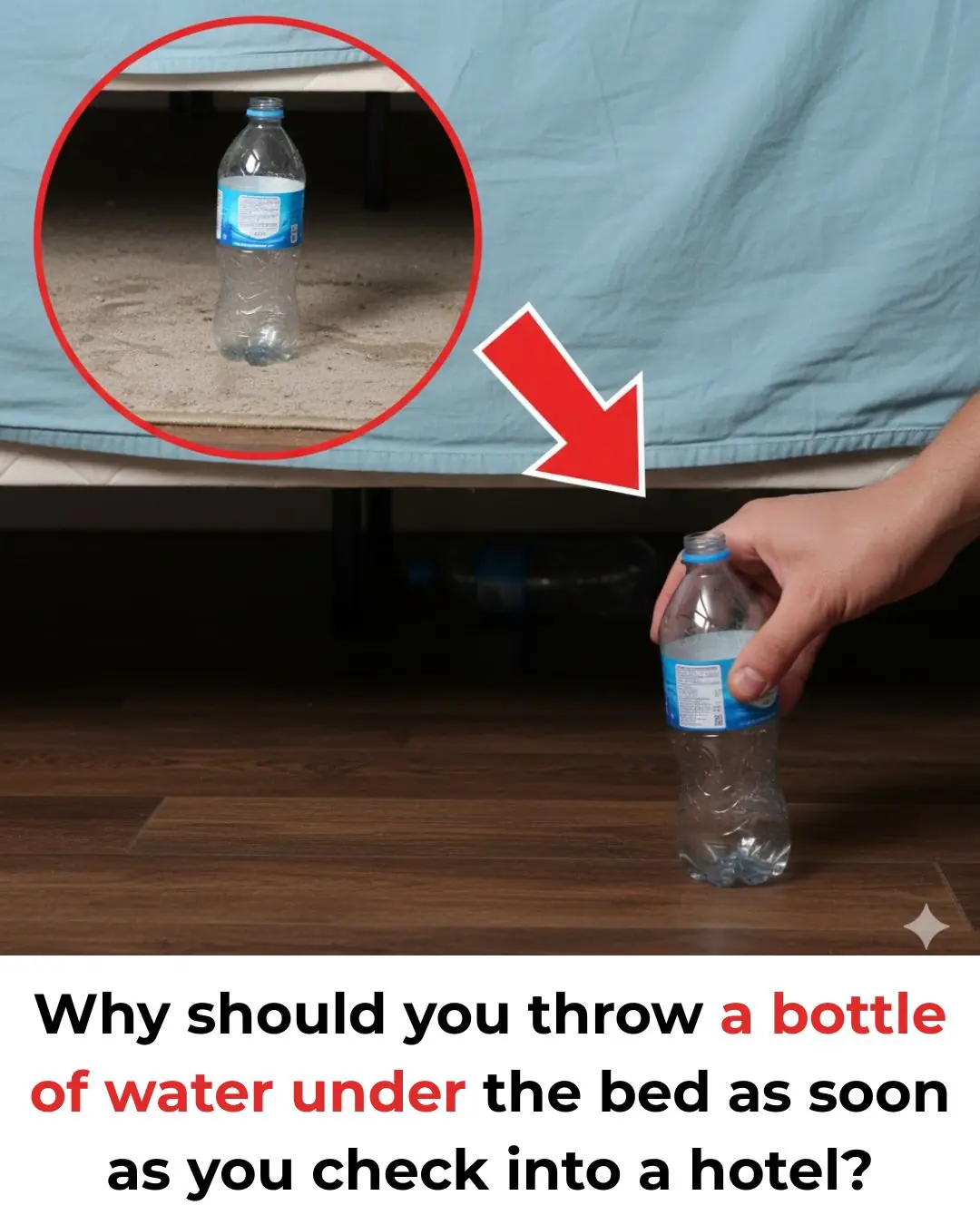
The Under-Bed Test: A Quick Trick to Ensure Your Hotel Room Is Safe and Clean

Boost Your Wi-Fi Speed with This Simple Aluminum Foil Trick
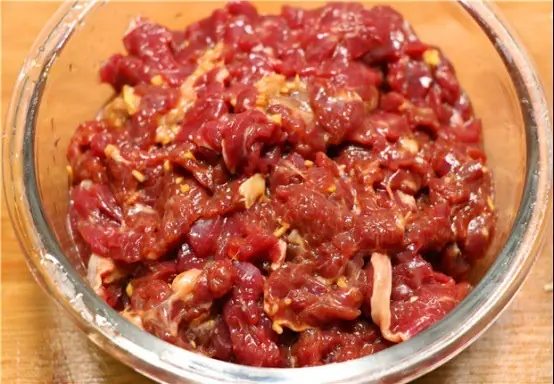
If your beef turns out tough, don’t marinate it with salt. Use this ingredient instead to make it tender and richly flavored

Secret to quickly tenderizing beef, making any dish delicious
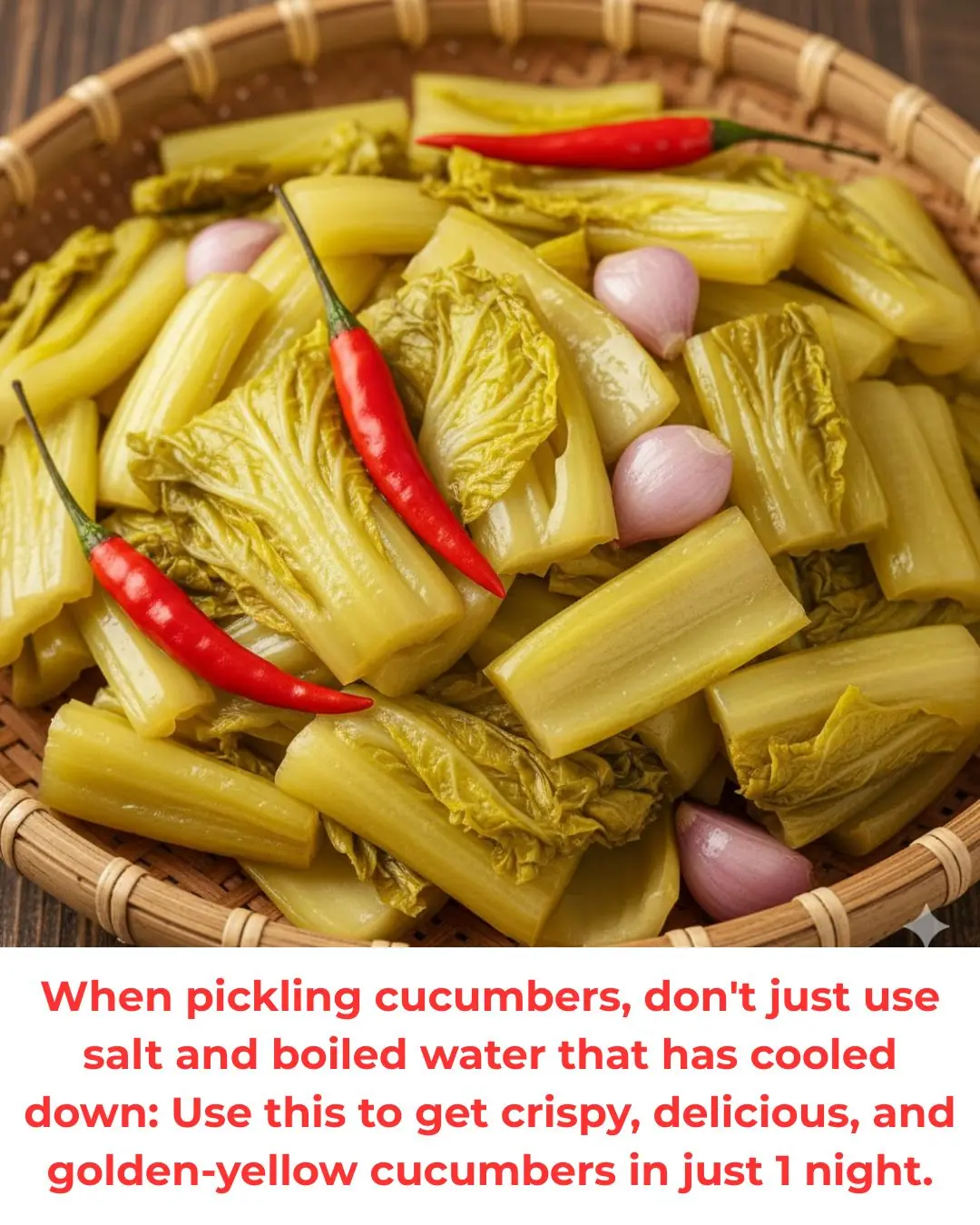
When pickling cucumbers, don't just use salt and boiled water that has cooled down: Use this to get crispy, delicious, and golden-yellow cucumbers in just 1 night.

A great way to defrost meat, just 3 minutes and all the ice will melt, the meat will be fresh and delicious like new.
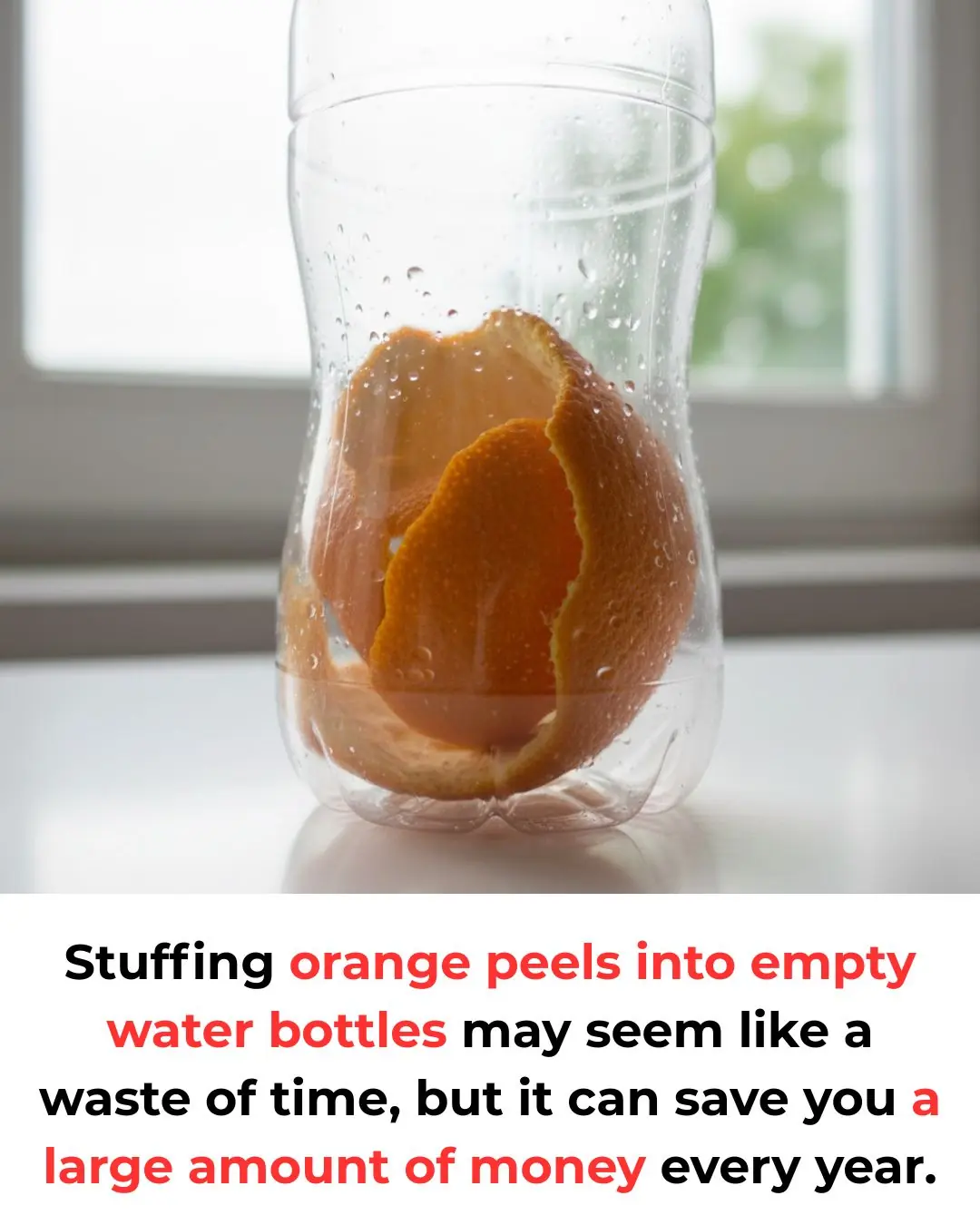
Stuffing orange peels into empty water bottles may seem like a waste of time, but it can save you a large amount of money every year.

When boiling duck, don't add ginger and cold water: Add this and the meat will lose all its stench, and you won't get tired of eating it.
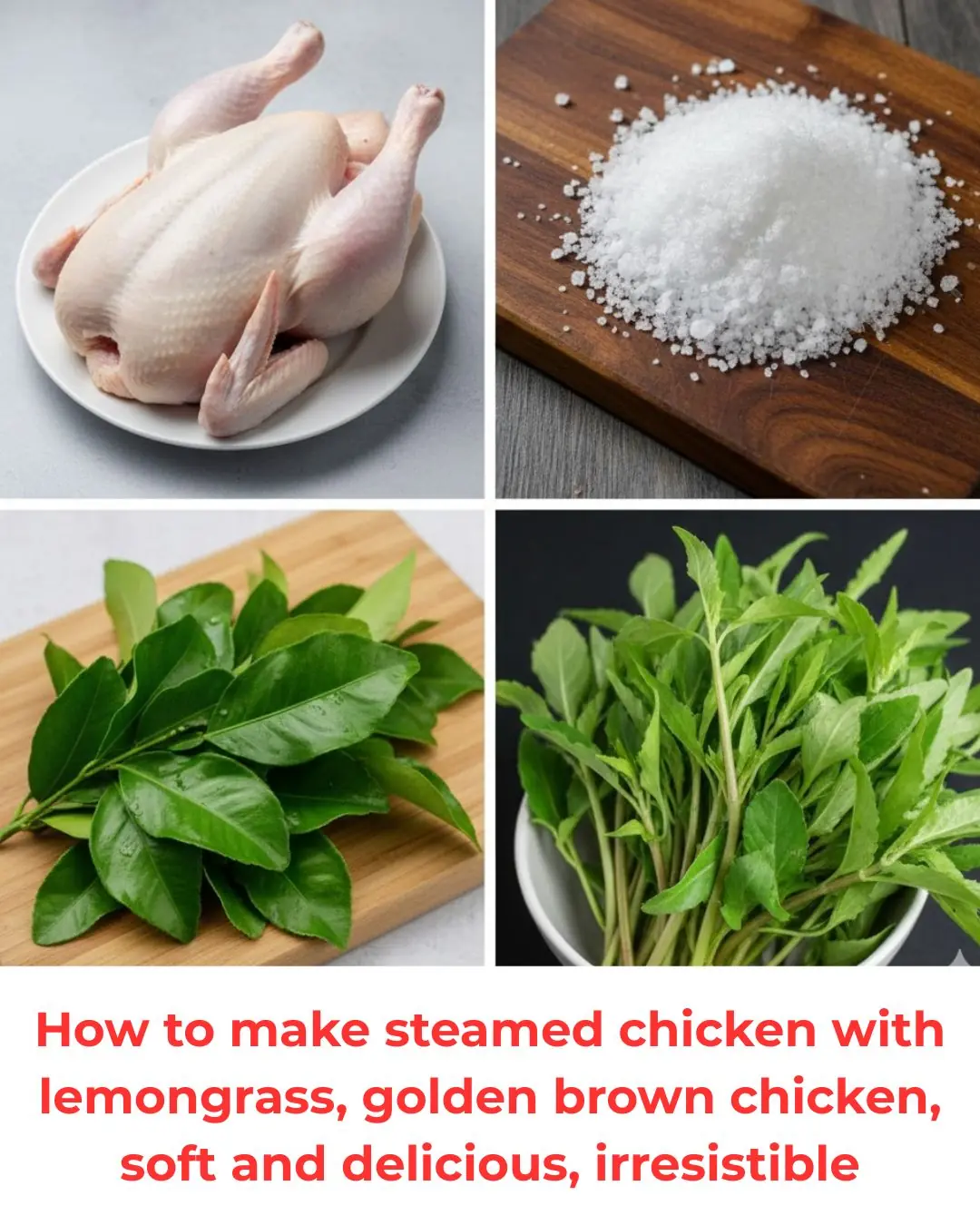
How to make steamed chicken with lemongrass, golden brown chicken, soft and delicious, irresistible
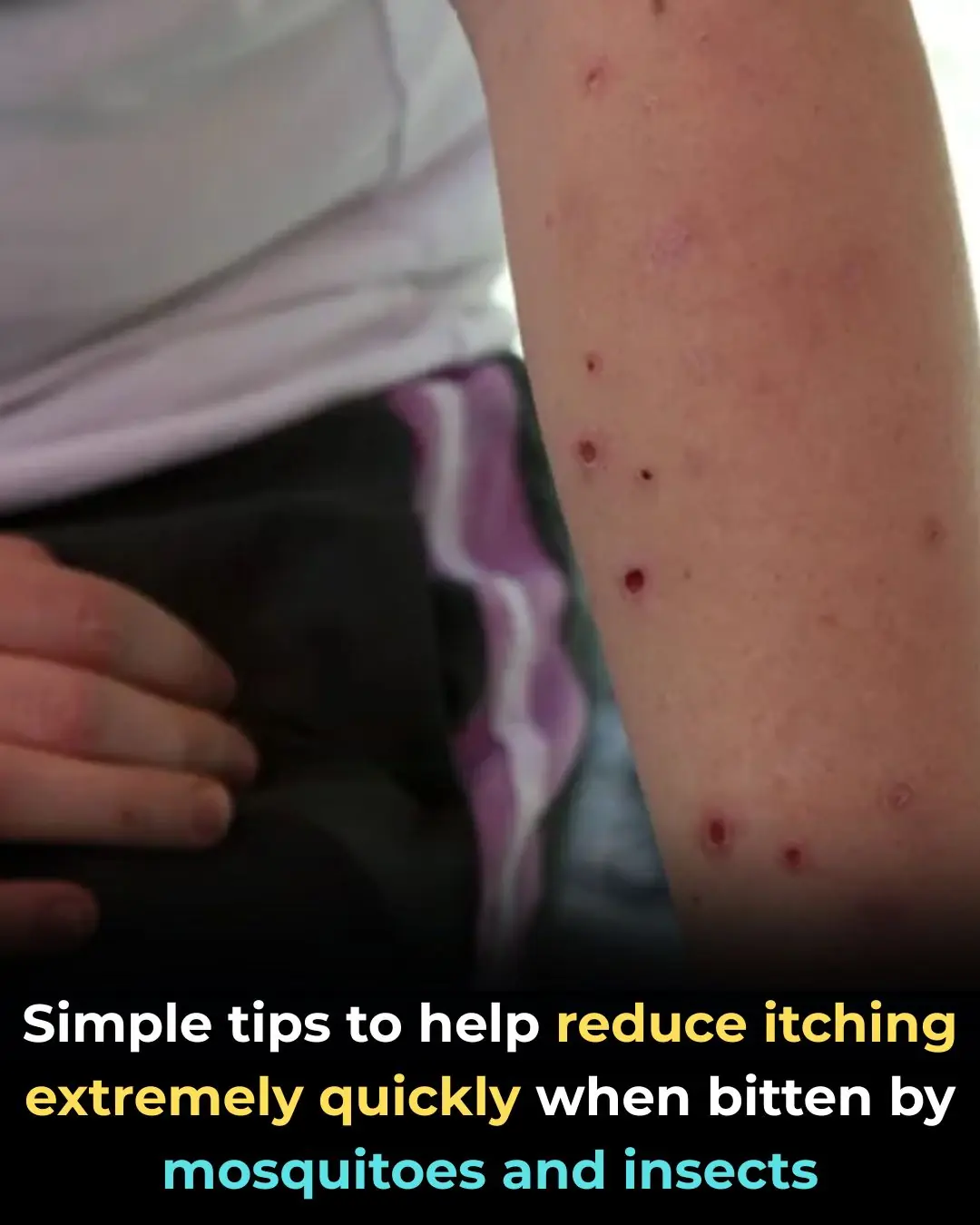
Simple tips to help reduce itching extremely quickly when bitten by mosquitoes and insects
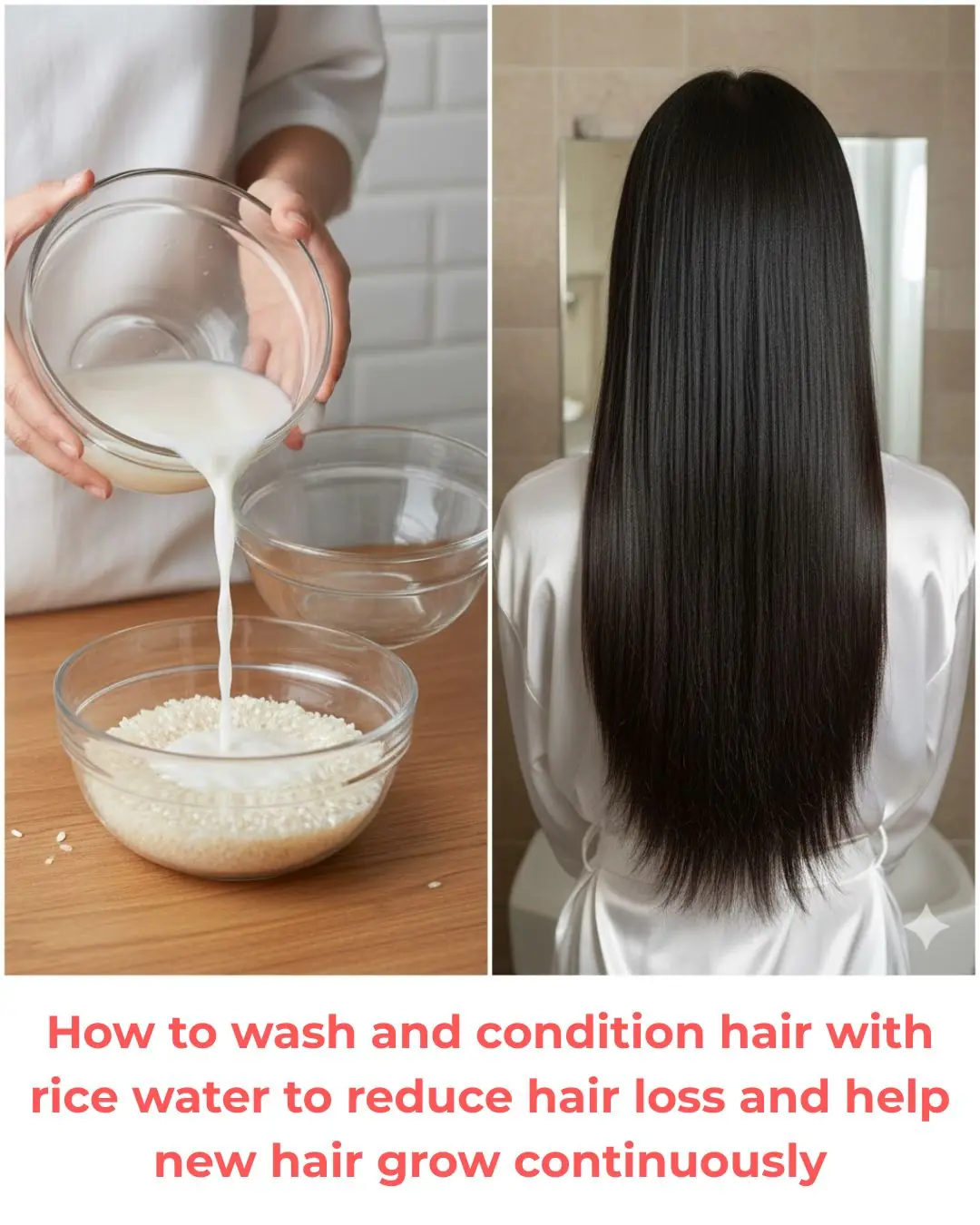
How to wash and condition hair with rice water to reduce hair loss and help new hair grow continuously

How Microscopic Glass Flaws Can Lead to Oven Door Breakage—and How to Prevent It
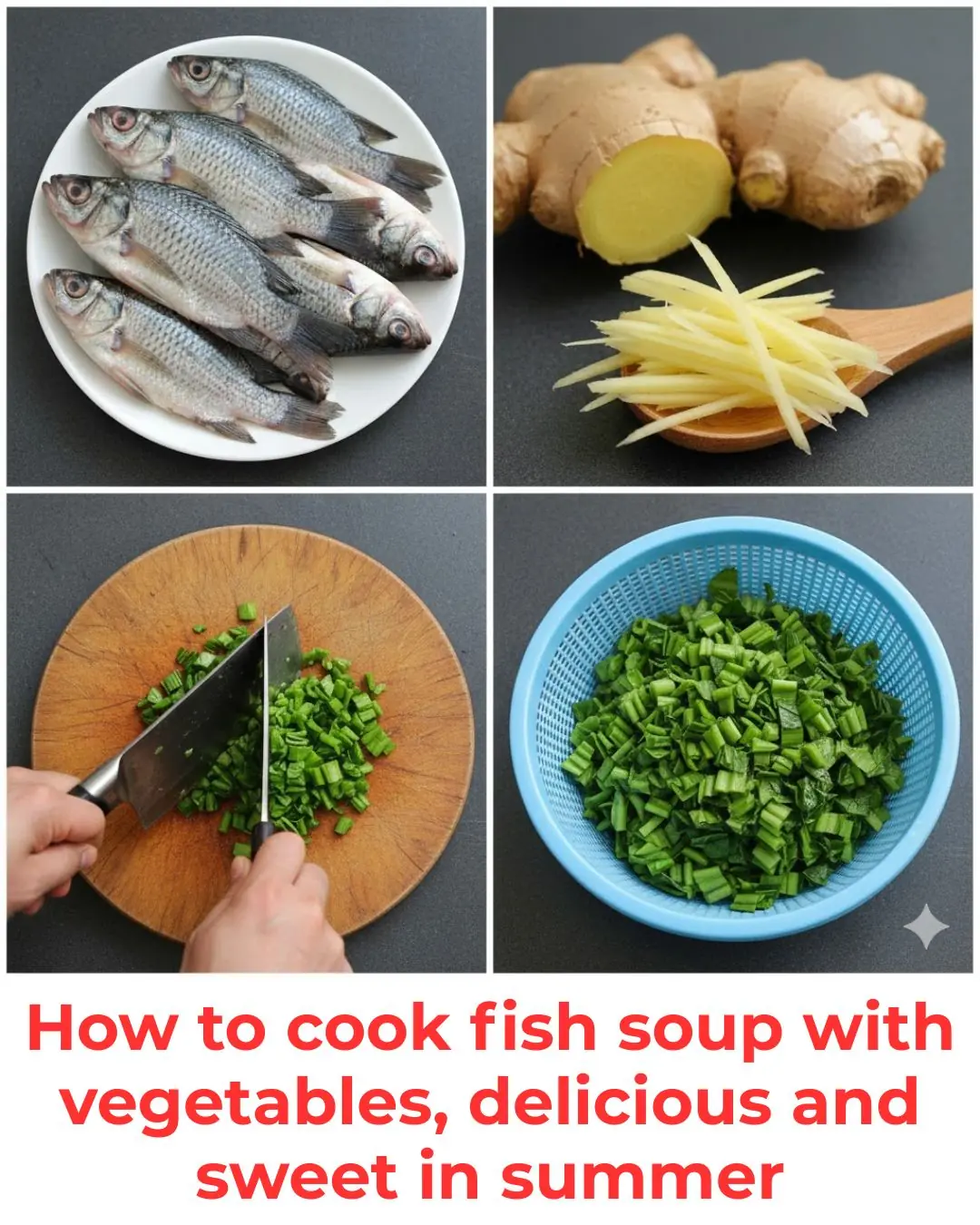
How to cook fish soup with vegetables, delicious and sweet in summer

Turn on the electric fan on a hot summer day: Spray this and the room will be as cool as air conditioning.

How to boil eggs properly, no matter how big you want to eat them, it's easy to do
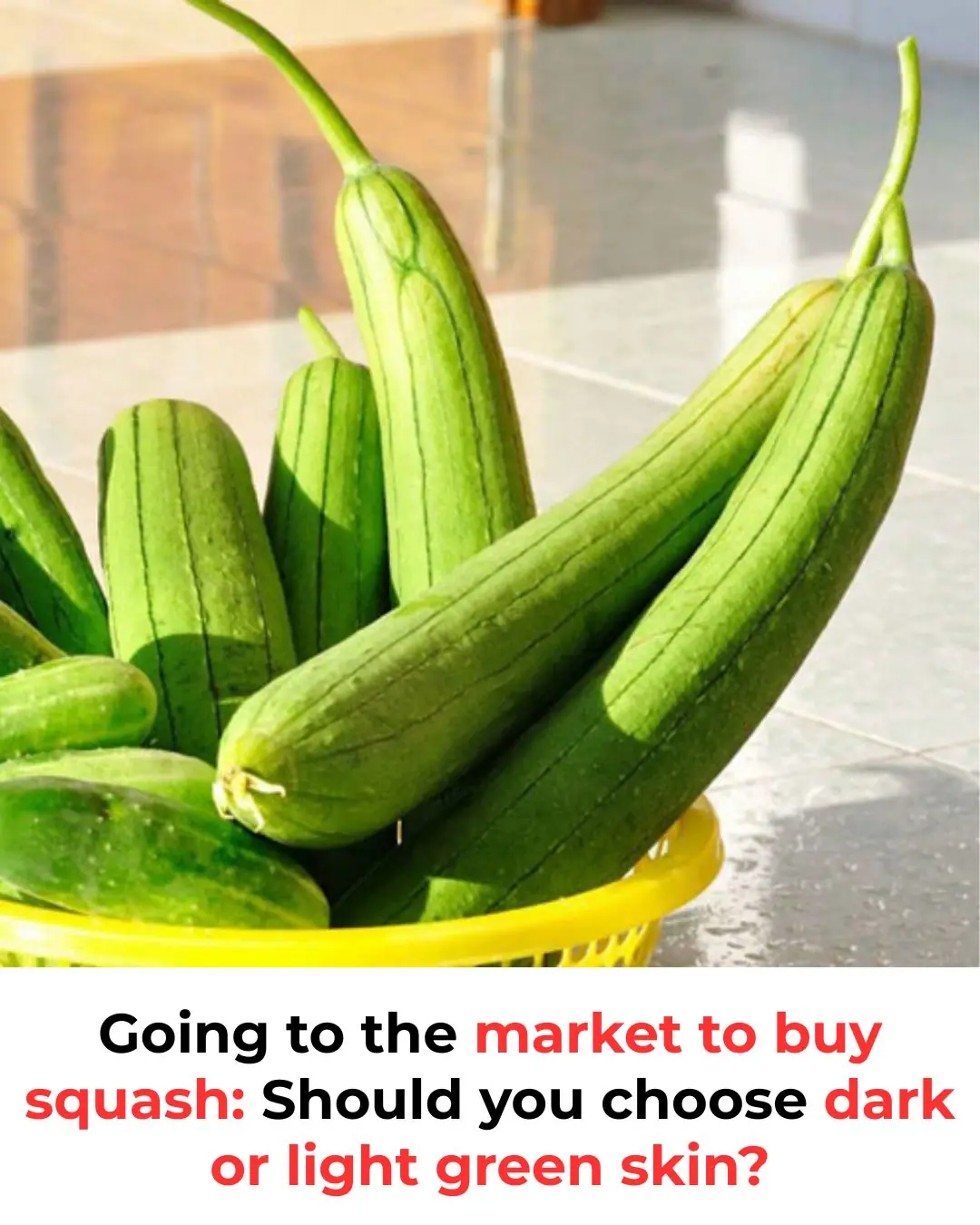
Going to the market to buy squash: Should you choose dark or light green skin?

What Happens When You Eat Chili Peppers Regularly
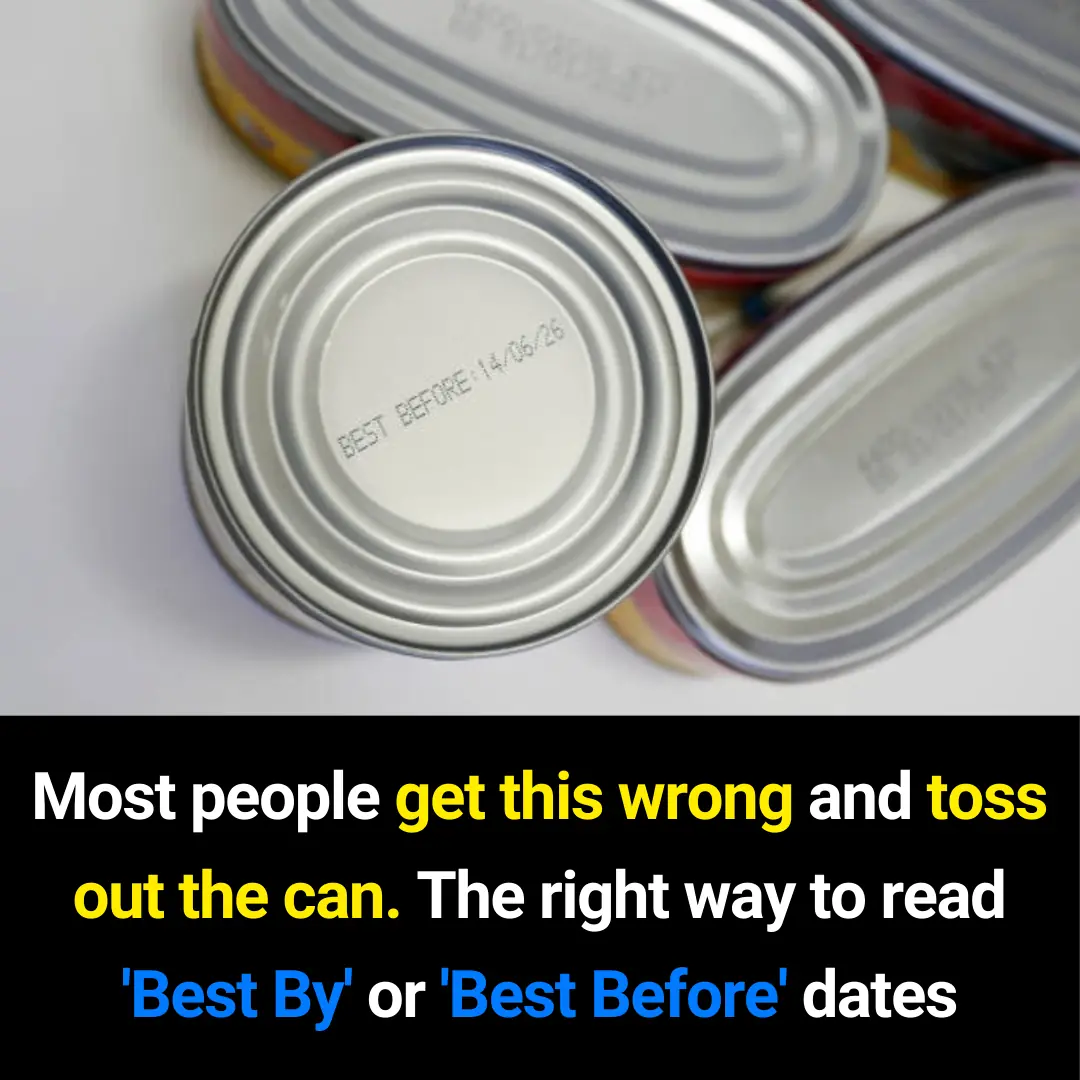
The Right Way to Read ‘Best By’ or ‘Best Before’ Dates — Most People Get This Wrong
News Post

High-Dose Nifedipine Linked to Increased Risk of Sudden Cardiac Arrest, New Study Suggests

How the U.S. Escaped Hurricane Landfalls in 2025

Ancient Shark Fossils Unearthed in Mammoth Cave Rewrite 325 Million Years of Evolutionary History

Powerful Health Benefits of Pineapple You Should Know

How an Italian Police Lamborghini Huracán Helped Save Lives by Delivering Kidneys Across Italy
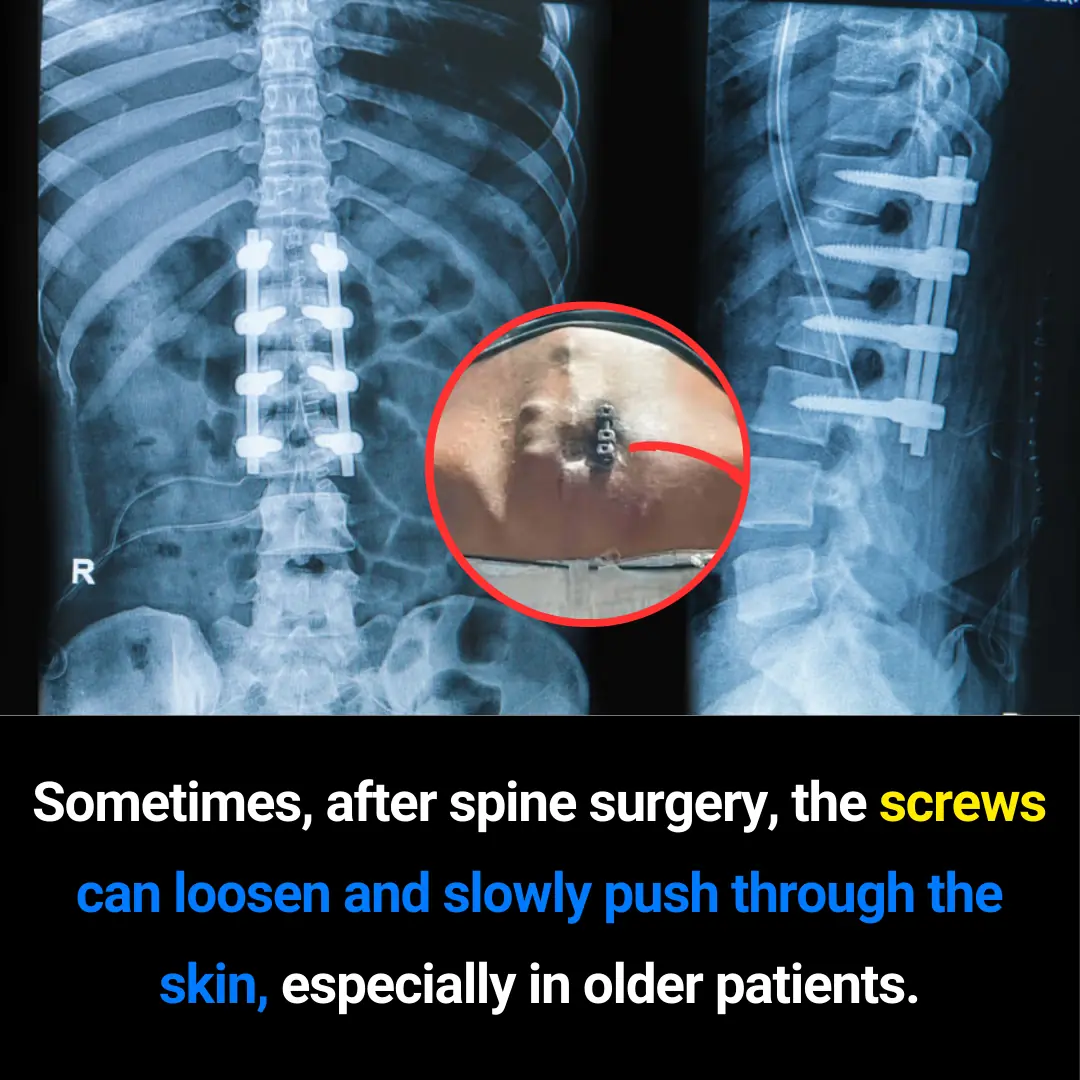
Can Spinal Screws Push Through the Skin? Understanding a Rare but Serious Post-Surgery Complication

Why the Tongue Is One of the Most Important Organs in the Human Body

What You Do First in This Scenario
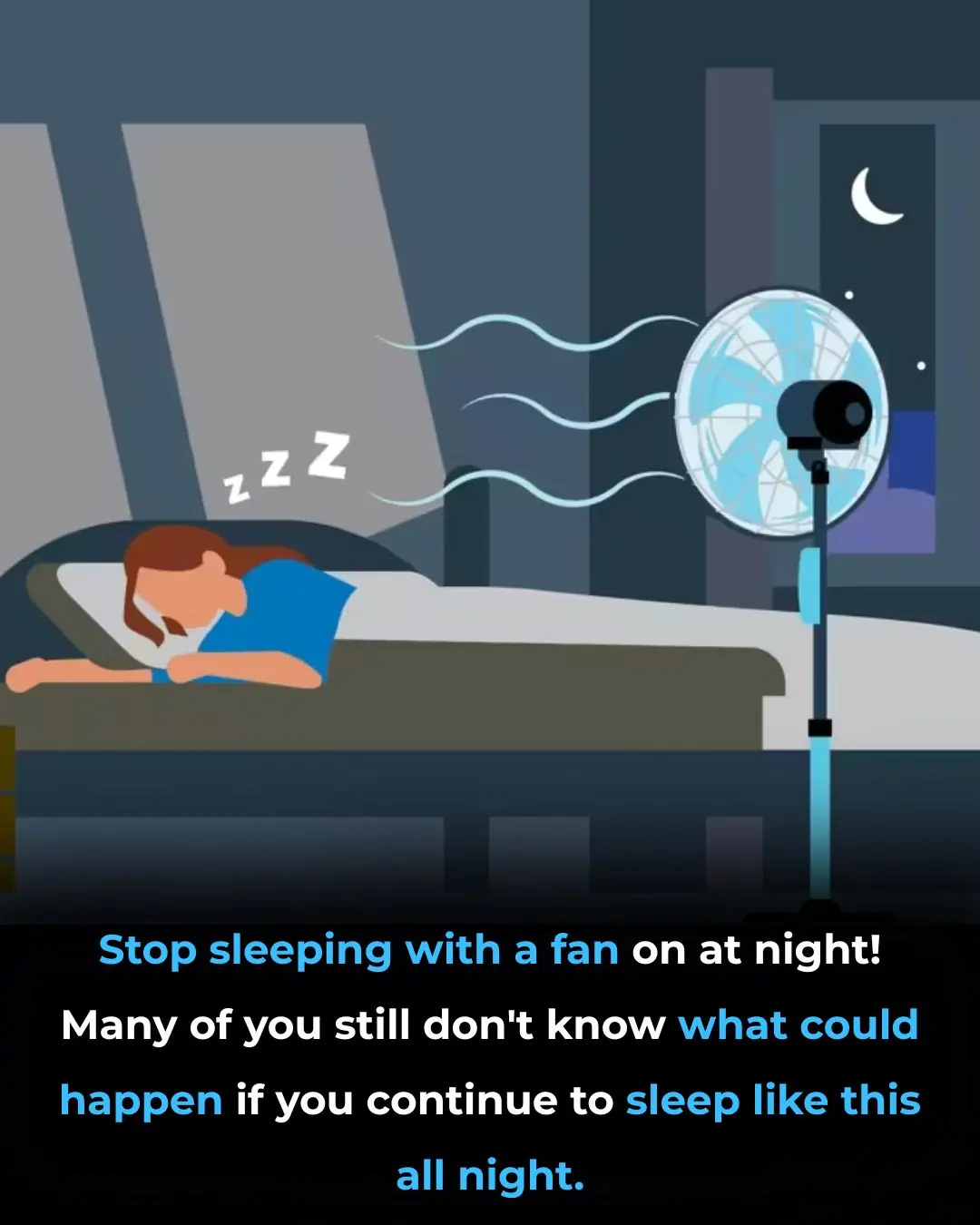
The Surprising Health Benefits of Sleeping in a Cold Room

A 4-Minute, Zero-Effort Hack to Clean Grill Gunk – The Simple Trick My Nana Taught Me
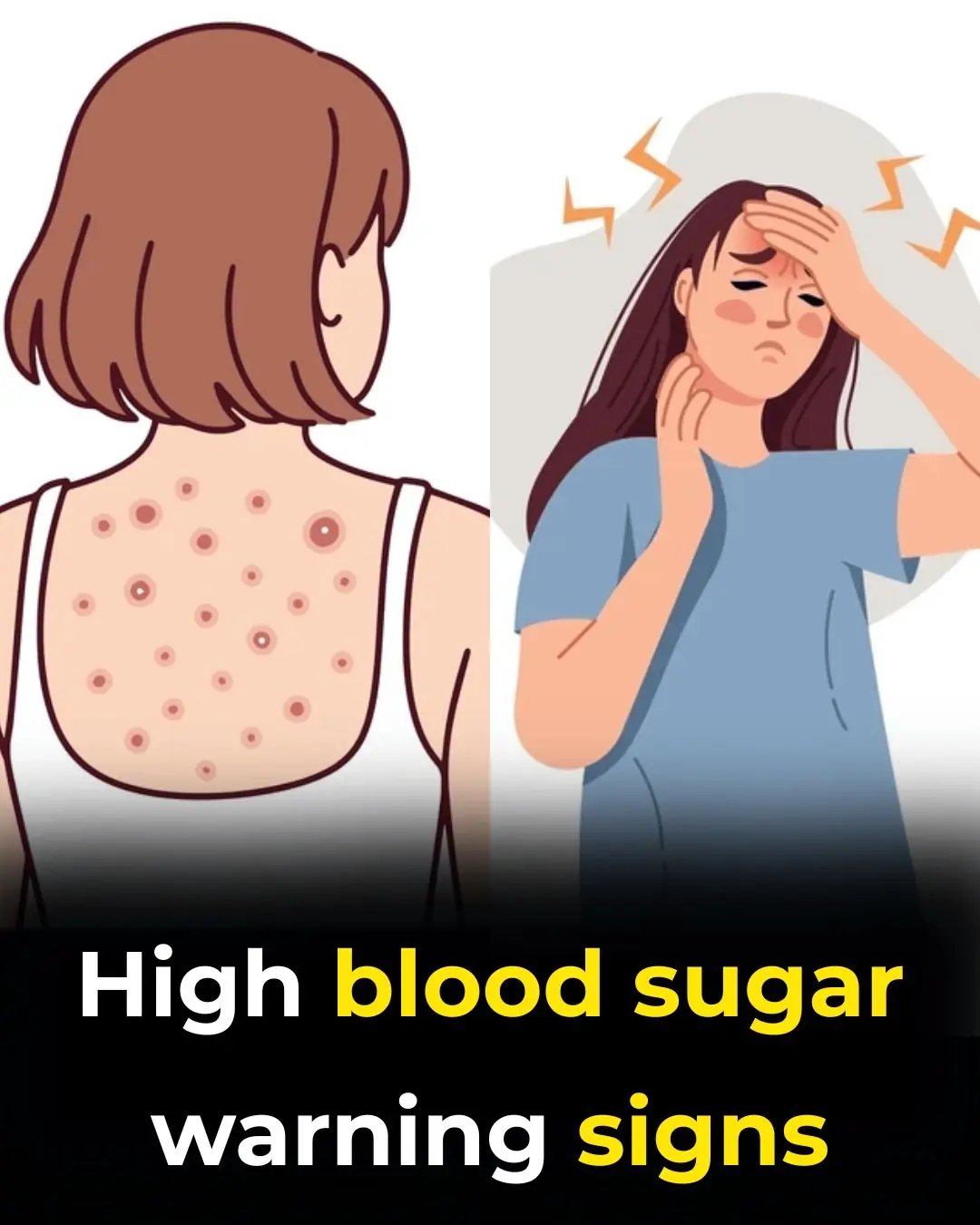
High Blood Sugar Warning Signs

🥚 A Look at How Certain Boiled Egg Habits May Affect Your Heart Health

Small Steps, Big Impact: How 4,000 Steps a Day Can Transform Your Health

🌿 Clove Water Sitz Baths for Women: A Gentle Guide to Hygiene and Comfort

What Happens to Your Body When You Eat Canned Tuna Every Day
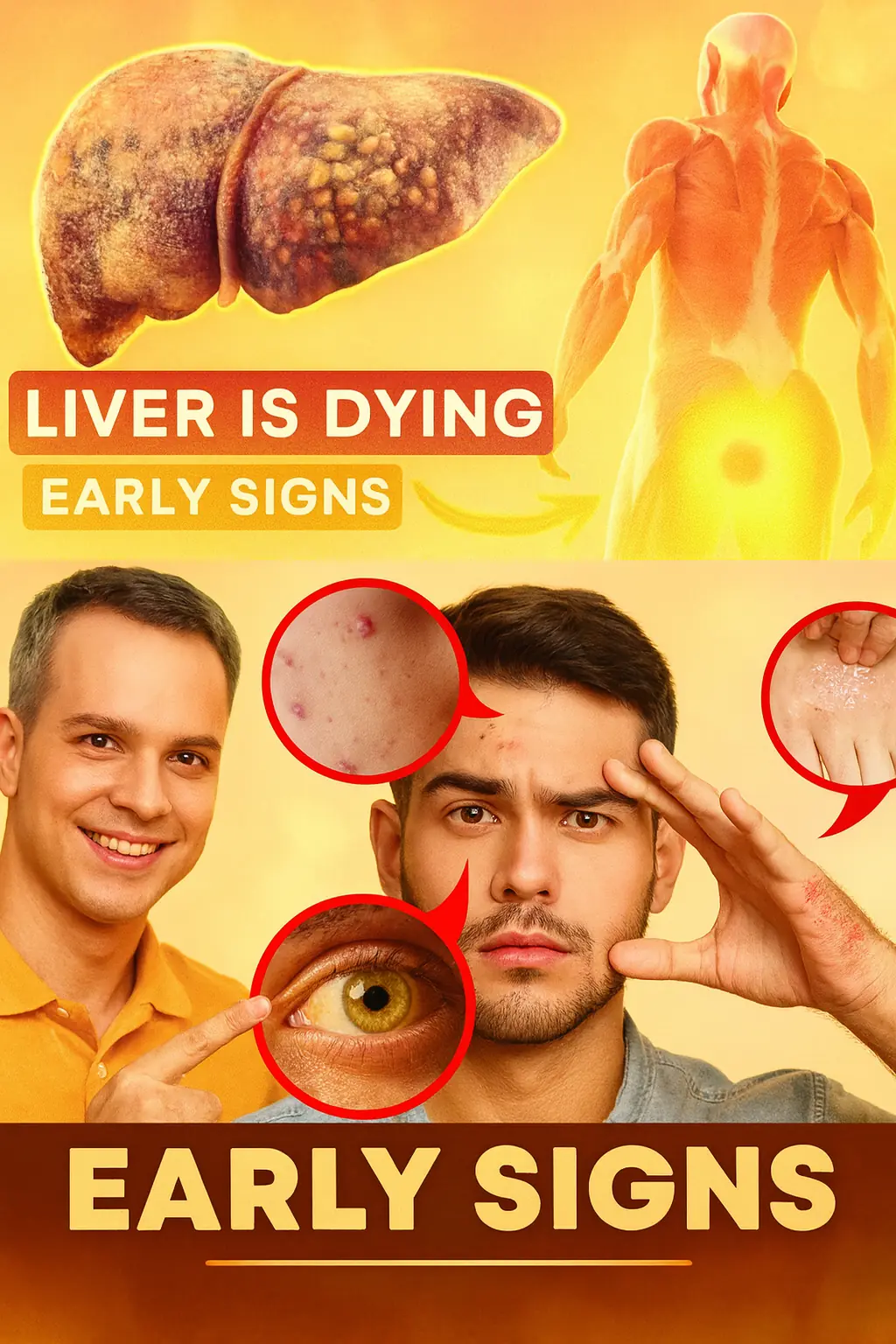
17 Warning Signs Your Liver Is Crying for Help

How to Support Your Kidneys Naturally Using 1 Teaspoon of Baking Soda

Fish oil cuts CV risk nearly in half for dialysis patients

The hidden heart danger doctors say is more common in people with diabetes
